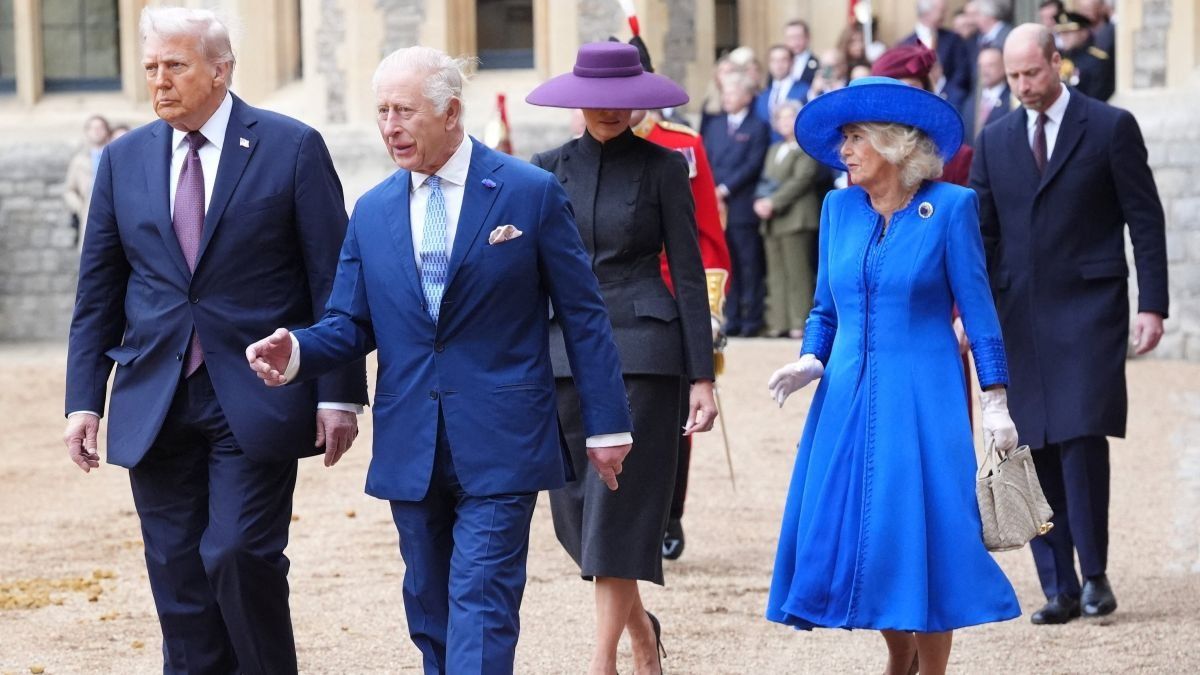150: Pageantry will dominate the first day of US President Donald Trump’s state visit to the United Kingdom on Wednesday, culminating with an exclusive 150-person white-tie state banquet, featuring a toast to the president by King Charles III. The harder-edged politics will come on Thursday, when Trump meets with Prime Minister Keir Starmer.
1 million: Days after being sentenced to 27 years in prison for fomenting a coup, former Brazilian President Jair Bolsonaro is in trouble with the law again. A federal court ordered him to pay a fine of 1 million reais ($188,865) for a racist comment he made to a Black supporter in 2021, telling him that his hair was a “cockroach breeding ground.”
$400 million: The Democratic Republic of the Congo is investing $400 million in satellite internet in a bid to improve the country’s drastically low connectivity rate. Only one in three Congolese is connected to the mobile internet. The company completing the project is co-owned by the Turkmenistan government.
90,000: An estimated 90,000 protestors took to the streets of Cuenca in central Ecuador to protest the construction of the Loma Larga gold mine there. Local residents are concerned the Canadian-run project will contaminate a critical water reserve.
47: Ben & Jerry’s co-founder Jerry Greenfield is leaving the ice cream giant that he founded 47 years ago in protest against its parent company Unilever for limiting his firm’s social activism. Greenfield is an outspoken progressive, and previously tussled with Unilever when Ben & Jerry’s refused to sell ice cream to Israeli settlements in the West Bank.
